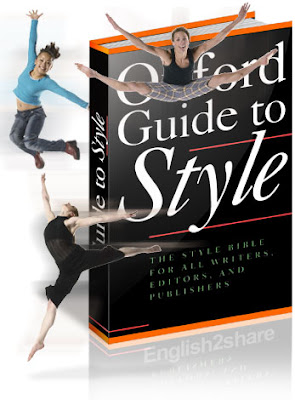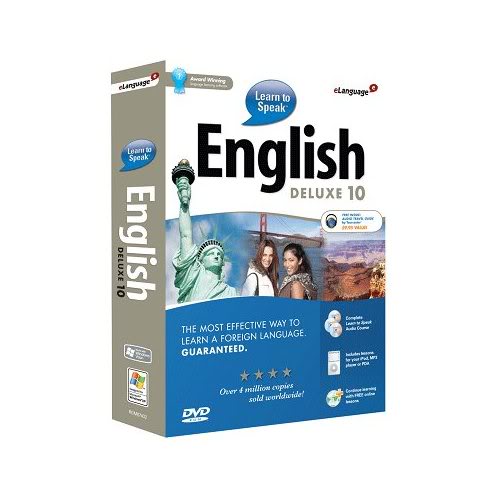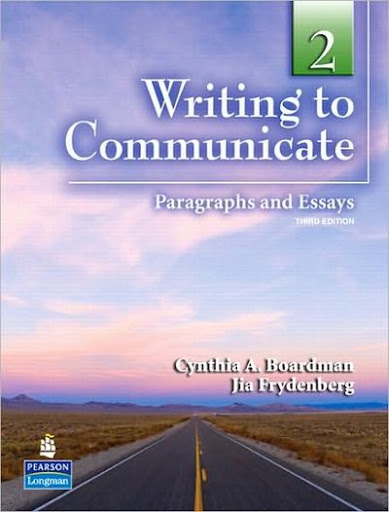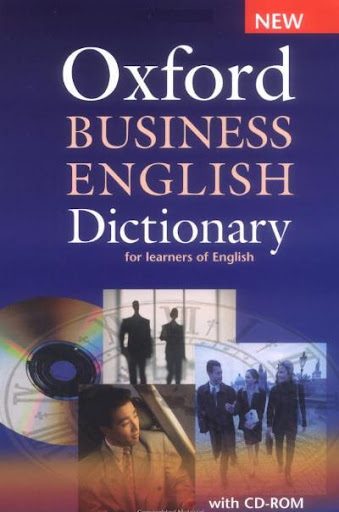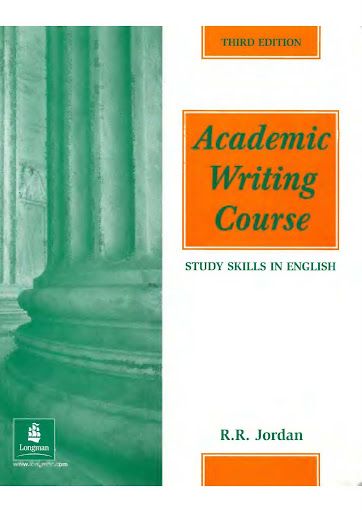It's important to know the rules of English punctuation when you write, as using the wrong punctuation may lead to misunderstandings. Using the correct punctuation is especially important when you are writing to impress, such as when you are applying for a new job, or when you are writing to a customer.
Here is a guide to the rules for using the more common punctuation marks in English.
When to use capital letters :
1. At the beginning of the sentence
It's cold today.
2. For the personal pronoun "I"
I live in a big city.
3. For "proper nouns"
- names and titles: Sarah, Mr Stevens, Doctor Roberts
- places and countries: London, England,
- nationalities and languages: He is French, She speaks Italian
- companies, products and brands: Microsoft, Coca Cola
- institutions: The Ashmolean Museum, The Department of Trade
- religions and religious festivals: Christianity, Ramadan
- abbreviated names: The BBC
4. For books, television and radio programmes, newspapers and magazines
The Simpsons, The Times.
5. Days of the week and months of the year
Wednesday, August 10th.
6. Historical periods or events
The Russian Revolution
7. Rivers, mountains and lakes and geographical regions
The Amazon, The Middle East
8. In addresses
Flat 2, 16 London Road.
When to use commas in English :
1. To separate items in a list
We need coffee, tea, sugar and milk.
British English writers do not normally put a comma before "and", although in American
English, a comma can be used.
"We need coffee, tea, sugar, and milk."
2. To separate clauses which are related in meaning
Do you know the answer, or should I ask Tony?
Where the clauses are short, commas are not used:
"I was tired so I went home."
3. After introductory phrases
Unfortunately, I cannot send you the information.
4. Before and after a word or phrase that interrupts the main clause
Some children,if they are gifted, attend special schools.
5. Before and after non-defining clauses
The factory workers, who were in a meeting, decided to accept the pay offer.
= All the factory workers were in a meeting.
Compare with a defining clause (which restricts the noun).
The factory workers who were in a meeting decided to accept the pay offer.
= Only the factory workers who were in a meeting decided to accept the offer: those workers who were not in the meeting didn't decide to accept the offer.
6. To show millions, thousands and hundreds
5, 890, 2811
10, 050
When to use a full stop :
(or "period" in American English)
1. At the end of the sentence
Thank you for your letter.
2. After initials in American English
Mr. G. Hoover. (The British English version is “Mr G Hooverâ€)
3. As a decimal point
2.5%, $9.99.
When to use a colon :
1. To introduce a list
You will need to bring the following: a waterproof jacket, a change of clothes, a battery-operated torch and some matches.
2. To introduce explanations
There is one thing to remember: the nights can get cold, so bring a warm jacket.
3. To write the time
The 10:40 train to London is late.
4. Between the title and subtitle of a book
Shakespeare: The Complete Works
When to use a semi-colon in English :
Semi-colons show a pause which is longer than a comma, but not as long as a full stop. Short clauses which are related in meaning can be separated by a comma. However, if the clauses are longer, you will probably need a semi-colon:
We'll need to hold some meetings abroad with our suppliers; please could you check your availability in April.
1. To separate long items in a list
Our writing course includes several components: correspondence, including
letters and emails; style and vocabulary choice; punctuation; layout and planning.
2. To give balance to sentences, or to link parallel sentences
We went out for the day; they stayed in.
When to use an apostrophe in English :
1. With an s to show possession
The company's profits.
The 's comes after singular nouns and after irregular plural nouns (those which do not end in s).
The company's staff, the children's shoes.
But the apostrophe follows the swhen the noun is plural and regular.
Compare:
The boy's school (school of one boy) and the boys' school (school of many boys.)
With nouns which end in y in the singular, but end in ies in the plural (like company) the apostrophe follows the s when it is plural.
The company's profits (profits of one company) and the companies' profits (profits of more than one company.)
With hyphenated nouns, the 's comes at the end of the word.
My brother-in-law's Ferrarì.
2. To show abbreviation
I don't like smoking. (= do not)
3. In time references
In two weeks' time.
Be careful!
1. Apostrophes are not used for possessive pronouns.
Whose is this pen? (Not "Who's this pen" as "who's" = who is.
That pen is hers. (Not "That pen is her's.")
Its also exists as a possessive pronoun:
Its market has grown. (The market of the company).
(Not “It's market†as "it's" = it is or it has.)
2. Apostrophes are not used to make a plural of nouns that end in a vowel.
For example, "two memos" (not "two memo's").












